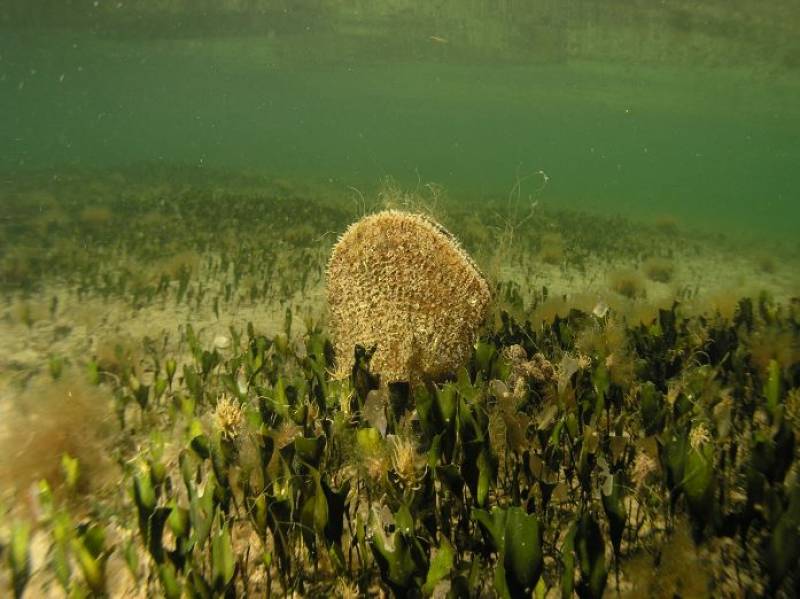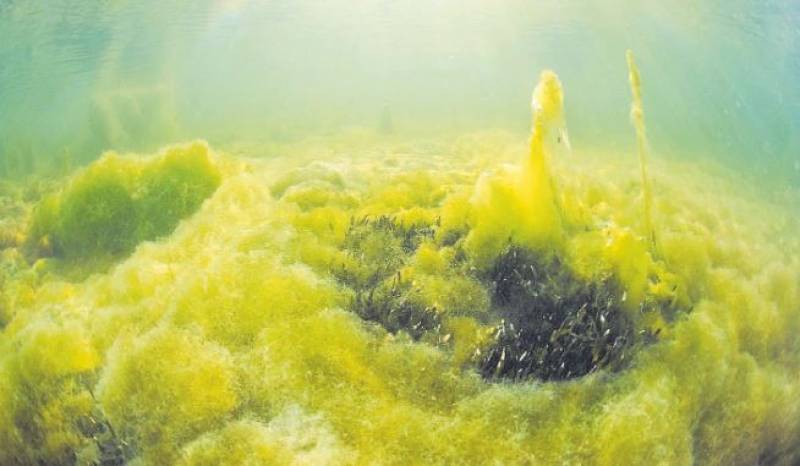Date Published: 03/05/2023
Oyster beds planted in San Pedro to filter the Mar Menor
Some 30,000 bivalves have so far been released in the Mar Menor

A Mar Menor clean-up project which optimistically began just over a year ago has reached a crucial phase with the release of 30,000 flat oysters in the water inlet channel to the Salinas de San Pedro. It’s believed this army of bivalves could be the key to combating the proliferation of algae and the high nutrient load of the Mar Menor.
Now, this vital phase will study how the oysters perform and reproduce in the wild, having been carefully raised in controlled conditions at the Oceanographic Centre of San Pedro del Pinatar.
Once a native species in the Mar Menor, the flat oyster population has diminished greatly over the last few decades. It’s believed this species, if present in great numbers, acts as a water filter, feeding off the harmful phytoplankton.
This fieldwork in San Pedro del Pinatar is the latest step in a project designed by the Spanish Institute of Oceanography, which aims to eventually plant 60 million of the molluscs in the Mar Menor waters.
“We will be sampling every month to check the growth of the oysters under these conditions. This will allow us to create a model that will help us understand how the population of this bivalve will respond to the cleaning of the water column,” head researcher Marina Albentosa explained.
To this end, a state-of-the-art probe will be installed that will analyse levels of chlorophyll, salinity and turbidity in the new oyster habitat.
All being well and assuming the water quality improves, the plan is to install oyster hatcheries in the Marchamalo salt flats in Cartagena and the La Manga and Cabo de Palos sandbanks. Meanwhile, studies are ongoing into the effectiveness of other species of oyster.
 The bad news is that, despite the recent spell of fine weather, the seagrass beds of the Mar Menor are struggling to recover below a depth of three metres after being all but decimated during the ecological crisis of 2016.
The bad news is that, despite the recent spell of fine weather, the seagrass beds of the Mar Menor are struggling to recover below a depth of three metres after being all but decimated during the ecological crisis of 2016.However, the experts claim the lagoon is undergoing a period of “tense calm” since no episodes of anoxia have been recorded in several months.
Images: Juan M Ruiz via Instituto Español de Oceanografía
Contact Spanish News Today: Editorial 966 260 896 /
Office 968 018 268



































